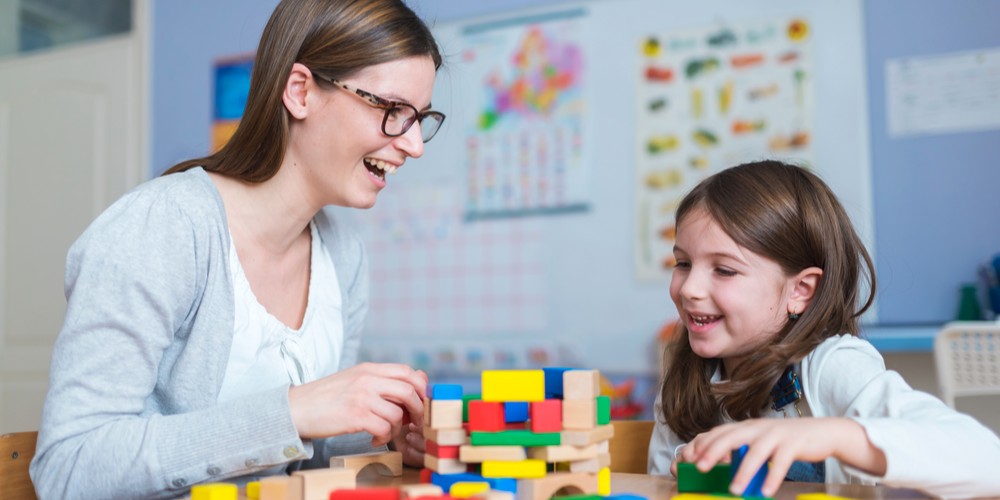
Children are like sponges, they absorb everything that they come across in their early years, and hence, it becomes crucial to ensure that their early education is comprehensive and well-rounded. Emotional intelligence is a vital aspect of a child’s development and should be nurtured right from an early age. In this article, we will explore some awe-inspiring strategies that can be adopted to foster emotional intelligence in early childhood education in Singapore.
Understanding Emotional Intelligence
Emotional intelligence refers to the ability to recognize and manage one’s emotions and that of others. Children with high emotional intelligence tend to be more empathetic, self-aware, and socially adept. As such, they are better equipped to handle the challenges that life throws at them. Educators and parents can help children develop emotional intelligence through various means.
Creating a Safe and Nurturing Environment
An emotionally safe environment is key to fostering emotional intelligence in children. Children should feel comfortable expressing their emotions, and educators should create an atmosphere that is conducive to emotional expression. A nurturing environment that encourages children to learn and grow can go a long way in enhancing their emotional intelligence.
Encouraging Social Interaction
Social interaction is crucial in developing emotional intelligence in children. Educators should encourage children to participate in activities that promote social interaction, such as group discussions, collaborative projects, and role-playing. By doing so, children will learn to appreciate and respect diversity and develop better social skills.
Developing Empathy
Empathy is the cornerstone of emotional intelligence. Children should be taught to recognize and appreciate the emotions of others. Educators should encourage children to put themselves in other people’s shoes and view situations from different perspectives. By doing so, children will develop a deeper understanding of their emotions and that of others.
Teaching Self-Regulation
Self-regulation is an essential aspect of emotional intelligence. Children should be taught to regulate their emotions and manage their behavior. Educators can teach self-regulation by using positive reinforcement, providing clear boundaries, and encouraging children to express their emotions constructively.
Importance of Seeking Professional Assistance
Nurturing emotional intelligence in early childhood education is a complex process that requires careful planning and execution. Parents who are interested in ensuring their child’s emotional development should seek professional assistance from an international preschool in Singapore. International preschools, such as Pegasus International Preschool, have a team of experienced educators who are trained to develop emotional intelligence in children. These preschools also offer open house preschool in Singapore, where parents can visit and learn more about their programs.
Conclusion
Emotional intelligence is an essential aspect of a child’s development, and educators should take the necessary steps to nurture it. Creating a safe and nurturing environment, encouraging social interaction, developing empathy, and teaching self-regulation are some strategies that can be adopted to foster emotional intelligence in early childhood education in Singapore. Parents who are interested in ensuring their child’s emotional development should seek professional assistance from an international preschool such as Pegasus International Preschool, where they can rest assured that their child’s emotional development is in good hands. Remember, a child’s emotional development is the key to their future success!
“Helping young children develop emotional intelligence can be an inspiring and life-changing experience for both educators and parents alike.”

